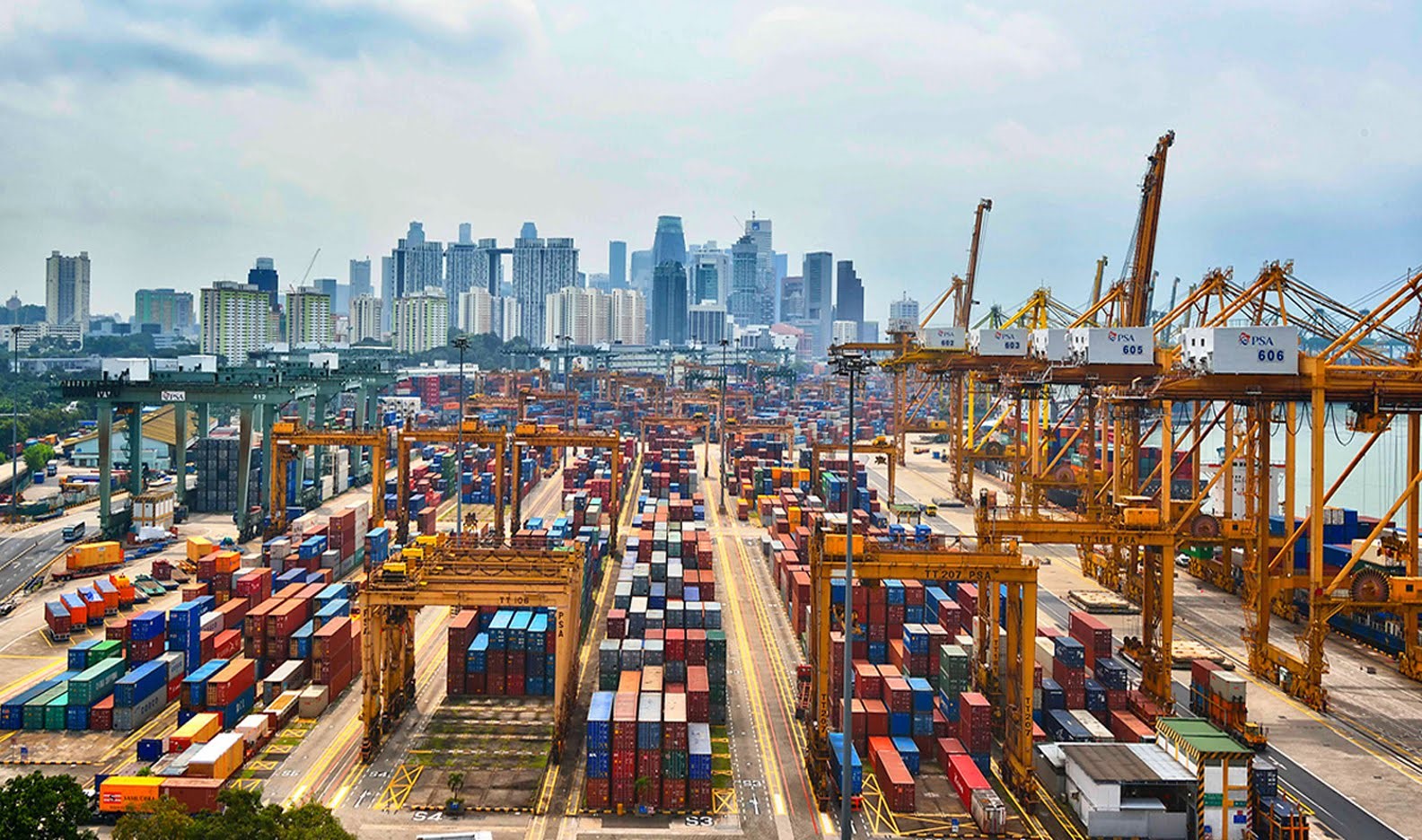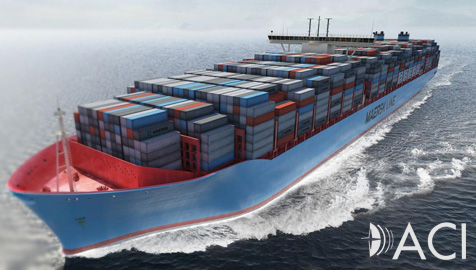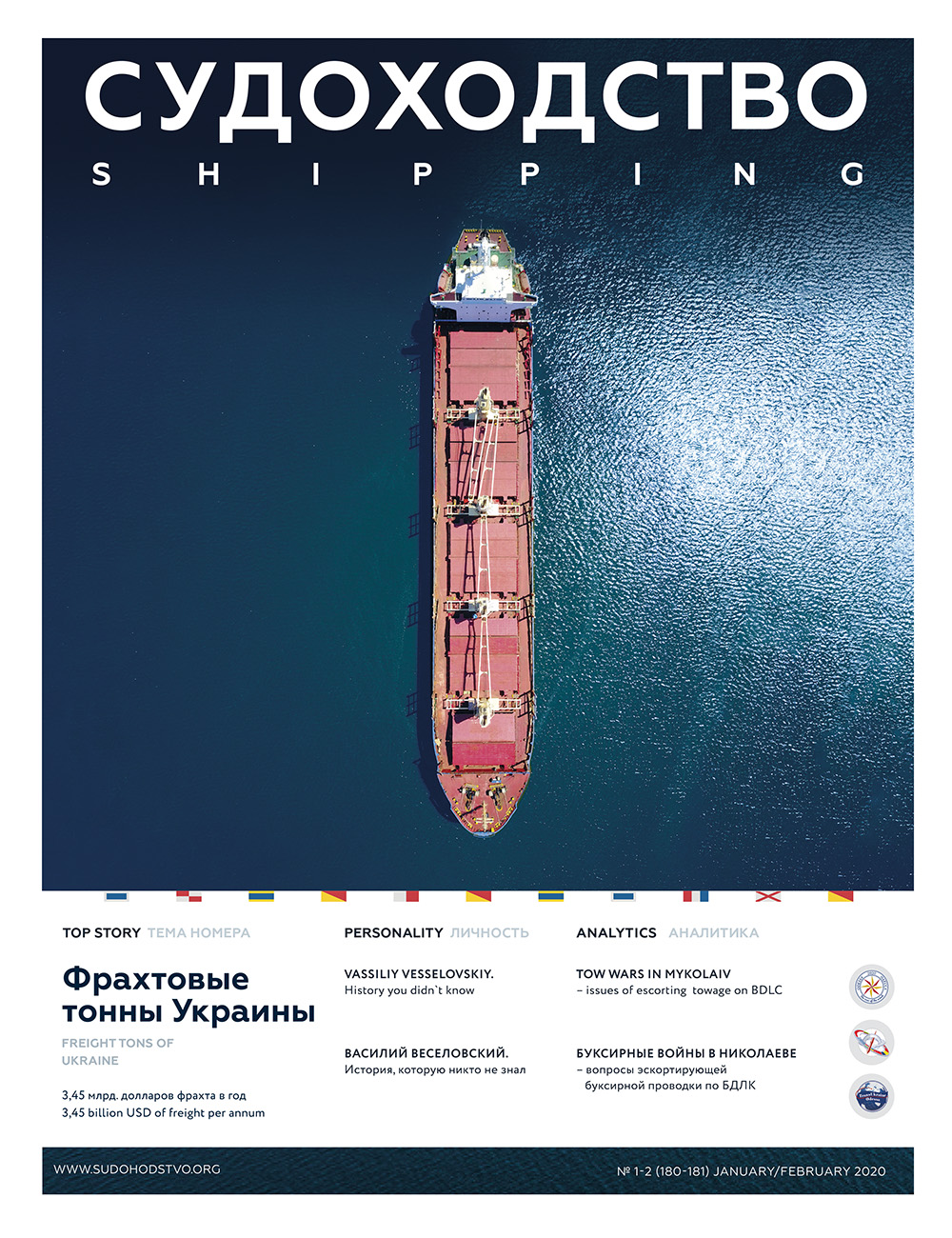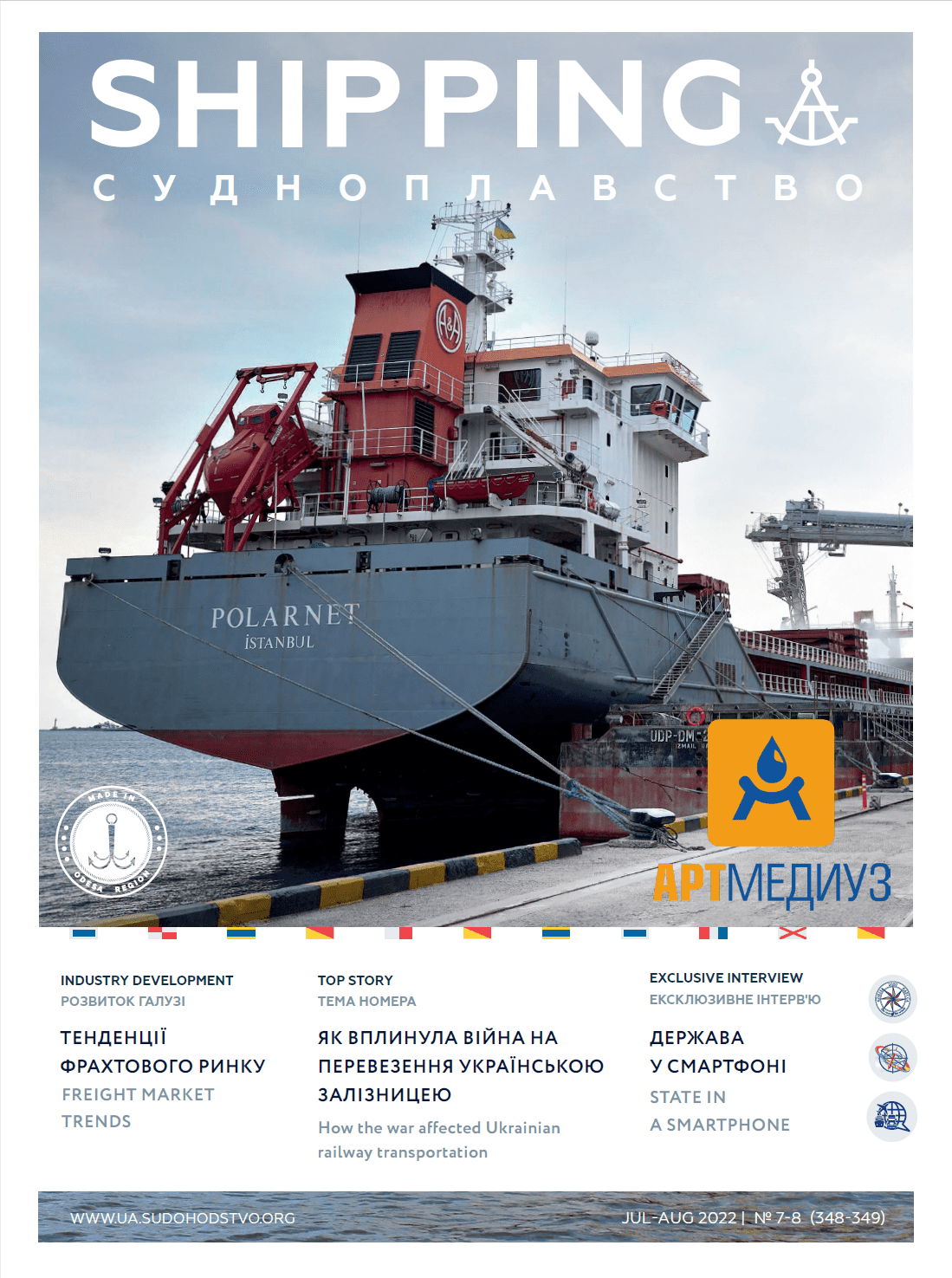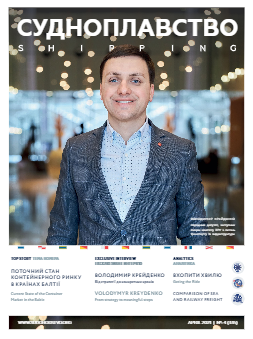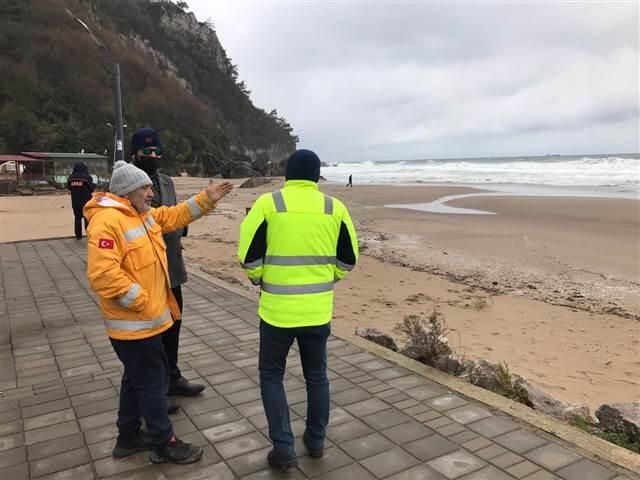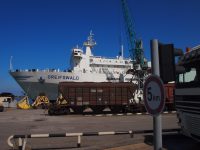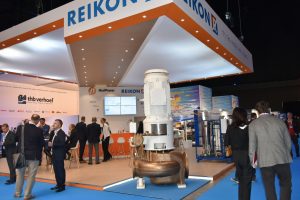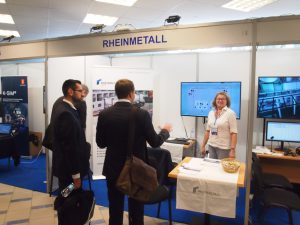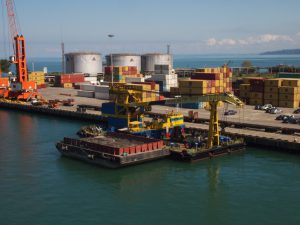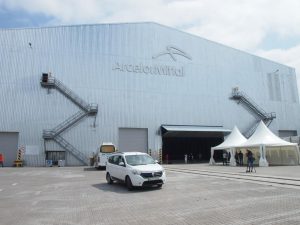
Whatever the industry, the challenges for HR professionals remain the same: how to attract the best talent, how to provide training which adds genuine value, and how to ensure high levels of staff retention. Judging by two recent predictions, one from the BIMCO/ICS Manpower report predicting a deficit of 147,500 officers by 2025, the other by the Ocean Policy Research Foundation predicting a shortfall of 364,000 seafarers by 2050, the maritime industry needs to improve its performance on each of these measures if a manpower crisis is to be averted. At the CrewConnect Global conference this November, the marine HR community’s leading experts will assess the current state of the industry and its readiness to meet the demands of the future.
Some may feel that such predictions of a manpower crisis are a long way from becoming reality. For one, far from suffering a shortage of crew supply, the maritime industry is currently experiencing a surplus. It is also true that discussions of the maritime industry’s future very often focus on automation, and the role it will potentially play in reducing crew numbers. But the practicability of autonomous vessels is still very much subject to debate, as is the timeframe over which we should expect to see their introduction industry wide. One thing only is absolutely certain: that the demand for container transportation is set to increase, and with it – at least in the short term – the demand for crew members.
Fortunately, there are reasons to be optimistic about the crewing industry’s ability to meet this rising demand. Recent decades have seen a shift in crew supply away from the traditional maritime nations of Europe, Japan and North America, and towards emerging economies like China, the Philippines and Indonesia.
What makes these countries such promising prospects is not only their large populations and growing commercial clout, but the room for improvement that exists in the way that their human resources are currently being utilised. Multiculturally and multilingually crewed vessels are now the status quo, but poor communication aboard these ships mean that crew retention is often lower than optimal. Increased cultural awareness on the part of shipowners, recruiters and operators will have the effect of boosting retention from the emerging maritime nations, and also of making the maritime industry a more attractive sell for recruiters.
Another promising opportunity for crewing professionals comes in the form of improving internet connectivity for vessels at sea. Extended periods of separation from friends and loved ones has long been a source of dissatisfaction for seafarers, and has combined with long hours and irregular sleeping patterns to make poor mental health a genuine concern for crew safety and retention. At present only 6% of seafarers have sufficiently fast internet connections to make video calls home to their families, but this figure is rising. With continued investment in their digital infrastructure, shipping companies may see one of the main barriers to an effective crewing strategy lifted. However, this investment will have to be matched by enhancements in cyber security if fears of greater vulnerability to online threats are to be assuaged.
Taking place in Manila this November, CrewConnect Global brings together over six hundred international crewing professionals and eighty expert speakers to discuss these issues and many others. Expect detailed case studies, engaging industry response panels, inspiring keynote addresses and more, on topics including the impact of digital disruption, managing crew claims, crew retention & advancement, cyber security and safety at sea. This year’s event also includes the CruiseConnect Summit, a one day event devoted to the challenges of crewing in the cruise sector.
Speakers for CrewConnect Global include:
- John Adams, Managing Director of Teekay Shipping and Chairman of the Bahamas Shipowners’ Association
- Iris Baguilat, President of Döhle Seafront Crewing, Inc
- Alex Verchez, President and Managing Director of Teekay Shipping Phillipines
- Kate Adamson, CEO of Futurenautics
- John Gahnstrom, Senior Marine Manager at INTERTANKO
- Gerado Borromeo, Vice President of the Phillipines Shipowners Association
Join us in Manila this November to see what they have to say. You can find out more here: https://goo.gl/Pgb13X

